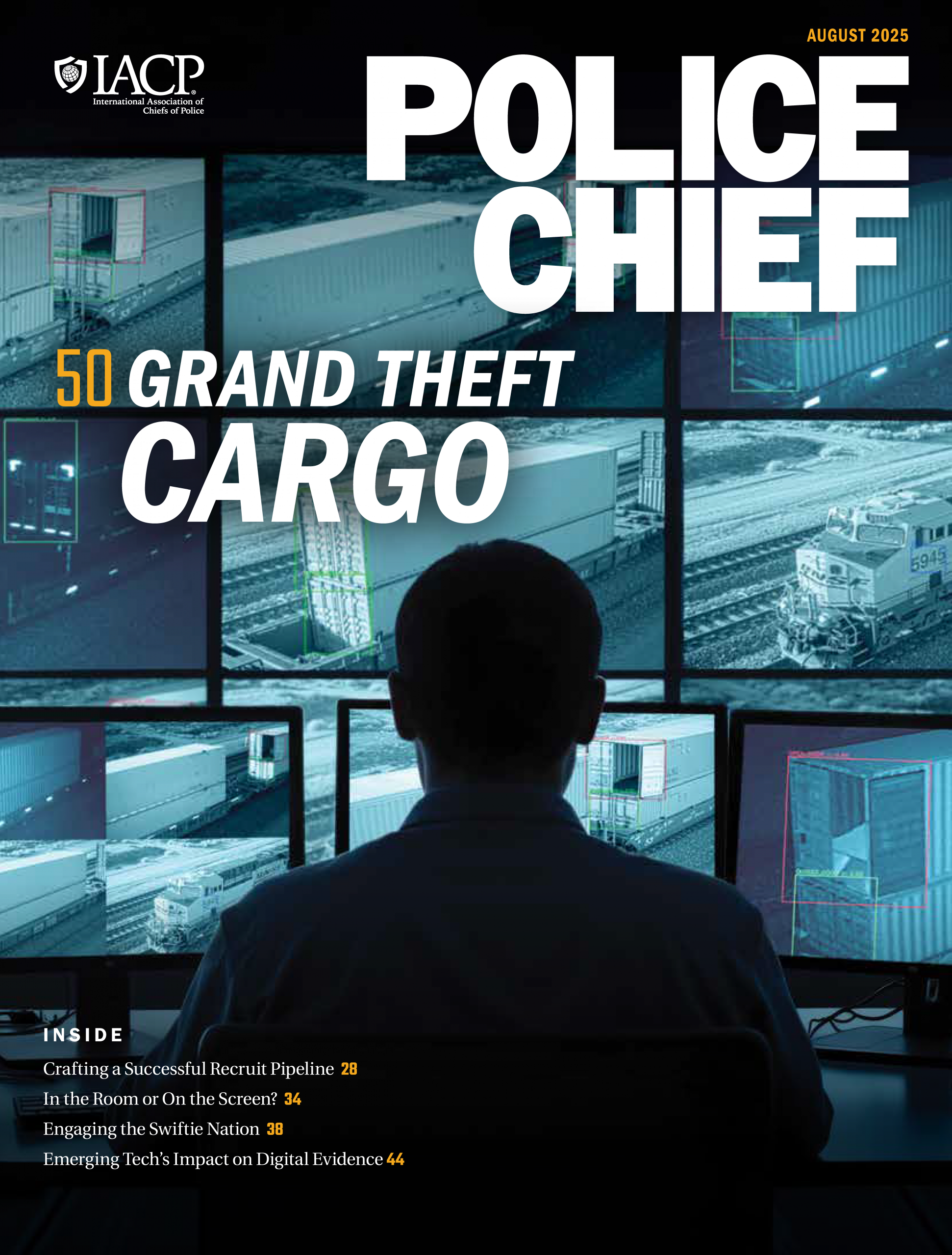Appropriations Process Underway
July 11, 2025
With President Trump’s signing of the FY 2025 budget reconciliation package—formally titled the “One Big Beautiful Bill”—Congress has shifted its focus to the FY 2026 appropriations process. Lawmakers must pass all twelve annual appropriations bills by September 30 to avoid a government shutdown, as the current continuing resolution (CR), in place since October 2024, is set to expire at the end of the fiscal year.


